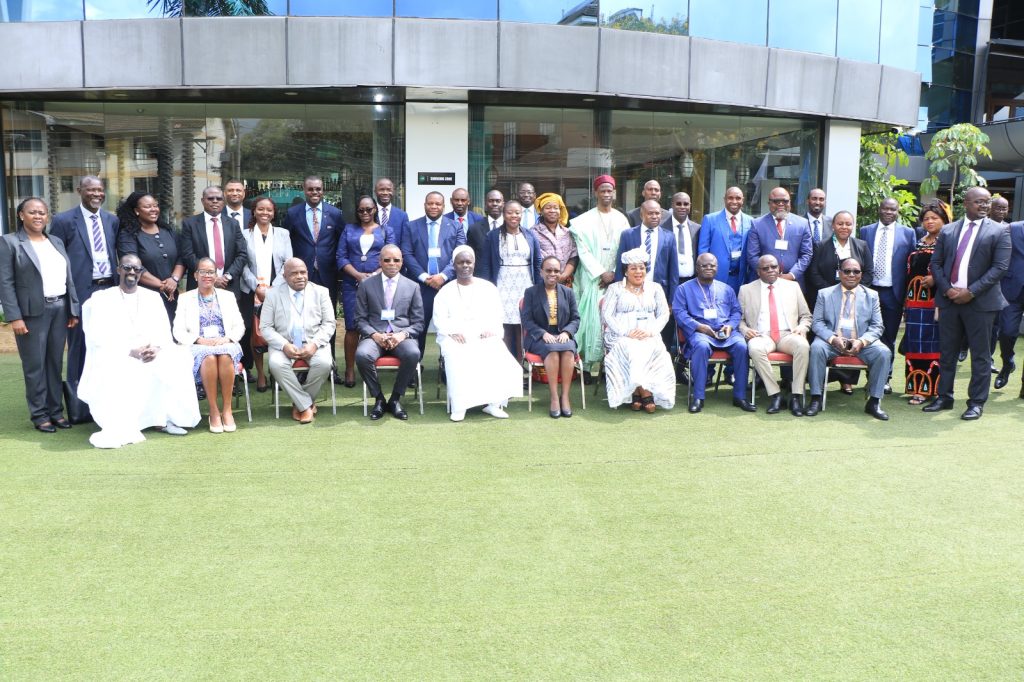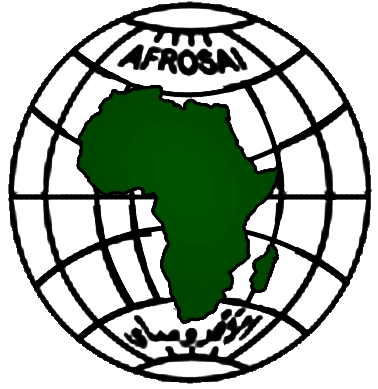Illicit Financial Flows (IFFs) pose a huge challenge on economic and social development as well as political security on the continent, particularly in resource rich countries and in fragile and conflict affected states.
Following the publication of the High-level Panel report on IFFs, 2015 that brought to light the outflow of illicit funds estimated to be USD 88 Billion annually from Africa, Supreme Audit Institutions (SAIs) under the umbrella of the African Organisation of Supreme Audit Institutions (AFROSAI) have committed to contribute in the fight against IFFs.
The joint Pan-African Public Financial Management networks Conference, on Illicit Financial Flows (IFFs) by AFROSAI in Yaoundé, Cameroon was from the 24th to 26th May 2017 and the first regional coordinated audit on IFFs which focused on corruption as one of key drivers of the IFFs – are some of the key actions undertaken in eradicating IFFs and its negative impact on the continent.
As part of the implementation of the Multi-Donor Action (MDA) on Tackling Illicit Financial Flows in Africa, the Good Financial Governance in Africa (GFG) Programme, implemented Deutsche Gesellschaft für Internationale Zusammenarbeit (GIZ), with funding from the German Federal for Economic Cooperation and development (BMZ), the European Union and the Ministry for Foreign Affairs of Finland, has undertaken to support the implementation of a Coordinated Regional Audit on Illicit Financial Flows (IFFs) to be carried out by the African Organisation of Supreme Audit Institutions (AFROSAI).
Within the coordination of its Institutional and Technical Capacity Building Committee (ITCBC), AFROSAI launched the audit on IFFs focusing on reviewing “The Legislative, Regulatory and Institutional Frameworks for The Mobilization of Tax Revenues“. By signing a Memorandum of Understanding (MoU) between participating SAIs and AFROSAI on 24th April 2023 in Nairobi, Kenya.
The official launch was presided by Mrs. Nancy Gathungu, Auditor General of Kenya and Chair of the ITCBC, and attended by 17 SAIs from Botswana, Burkina Faso, Cameroon, Comoros, Democratic Republic of Congo, Djibouti, Gabon, Gambia, Guinea, Guinea Bissau, Kenya, Niger, Senegal, Sudan, Tanzania, Uganda and Zambia.
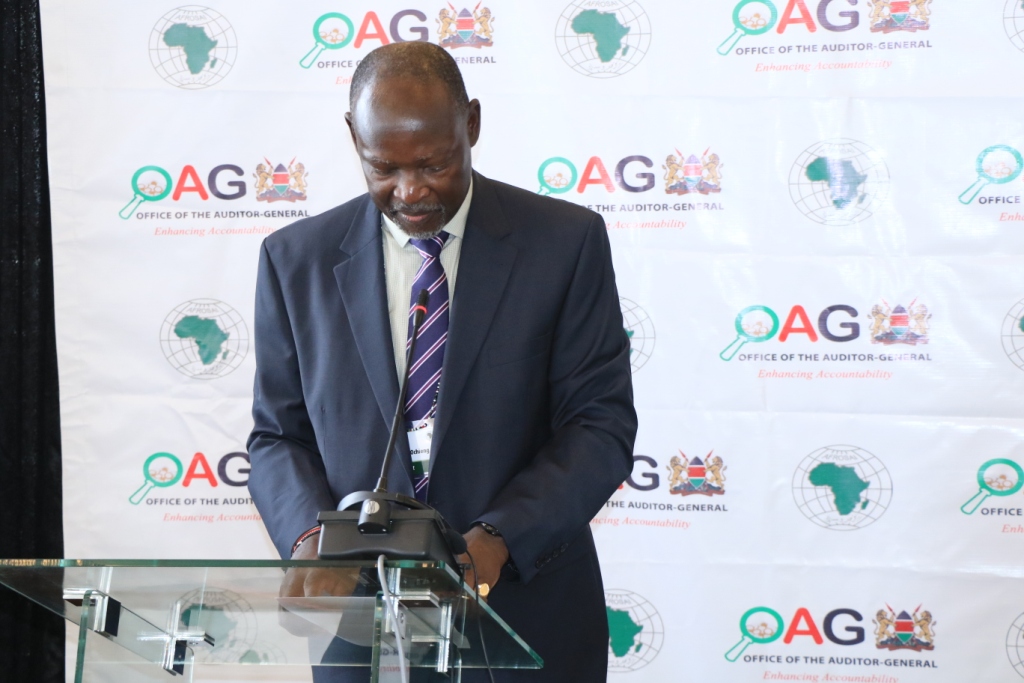
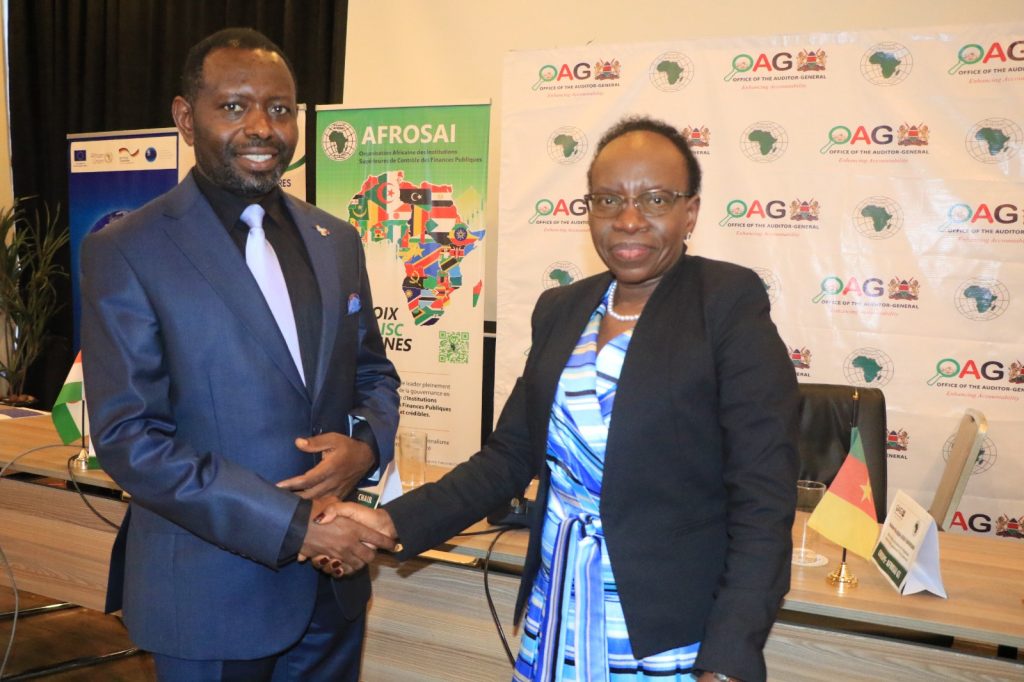
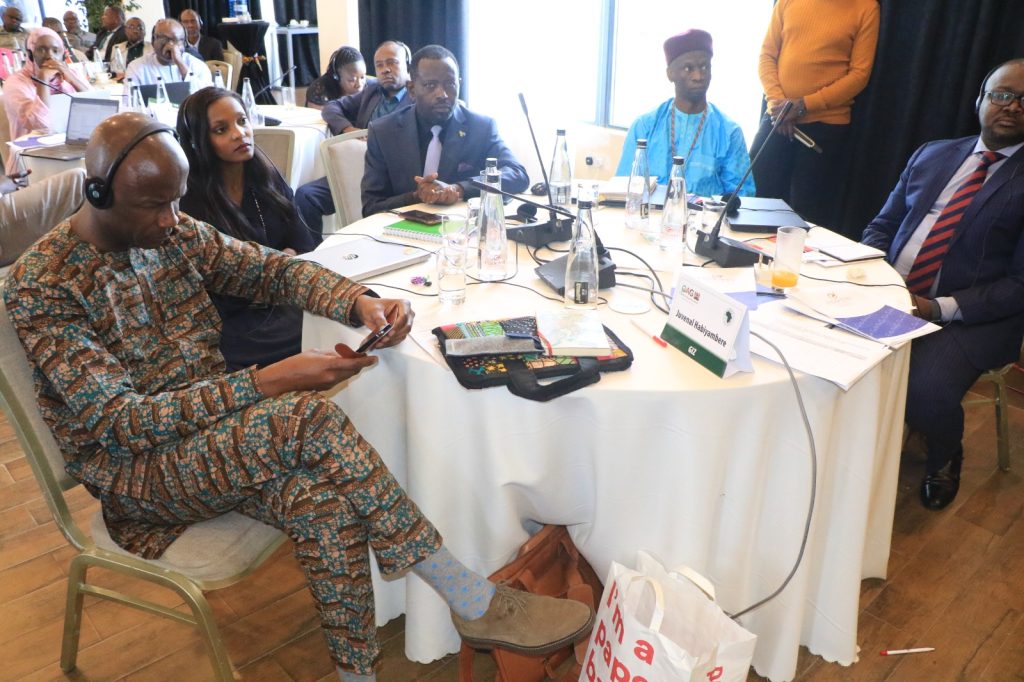
Speaking at the event, Mr. Maurice Ochieng; GIZ-GFG in Africa Programme Manager provided a brief background of the Programme and its interaction with members of the Pan-African network on good governance. He emphasized the importance of IFFs Multi Donor Action project. He appreciated the working relationship with SAIs through AFROSAI and commended AFROSAI for the initiative of this magnitude where seventeen (17) SAIs join their efforts to give their contribution in the eradication of the IFFs phenomenon in Africa.
Given its nature, curbing IFFs in African cannot be left to one agency and therefore the role of SAIs as a key player in the governance ecosystem of a country is key. That is why the coordinated audit is relevant and addresses its cross-border nature with the aim of assessing the extent of the issues and identifying key recommendations to inform public policy formulation and relevant reforms.
In her opening remarks, Mrs. Gathungu reminded delegates on the need for SAIs to join hands and forge strategies aimed at supporting national governance structures and systems in holding governments accountable and impactful to their citizens. It is in this context that SAIs have considered assessing countries’ frameworks for their adequacy and effectiveness to be able to make actionable recommendations. She took the opportunity to appreciate the support from GIZ through the Good Financial Governance in Africa programme for making the launching and planning of the audit possible and expressed her wish to have the support extended to the completion of the audit.
Present at the official launch of the regional coordinated audit on IFFs were the Kenya Revenue Authority (KRA), key anti-corruption agencies and other players in the front line of the fight against IFFs in Kenya such as the Assets Recovery Agency (ARA), the Ethics and Anti-corruption Commission (EACC) and Transparency International (TI).
The joint Pan-African Public Financial Management networks Conference, on Illicit Financial Flows (IFFs) by AFROSAI in Yaoundé, Cameroon was from the 24th to 26th May 2017 and the first regional coordinated audit on IFFs which focused on corruption
Underlying principle for the Coordinated Regional Audit on IFF
The Coordinated Regional Audit on IFF is in line with AFROSAI Strategic Priority No 1 titled “AFROSAI provides a regional response to common challenges” through which AFROSAI is expected to ensuring proper coordination, supervision, and transparency of capacity building efforts across the continent on issues that require a holistic approach at the regional level such as the fight against Illicit Financial Flows.
This second regional coordinated audit on IFFs will cover “the legislative, regulatory and institutional framework for tax revenue mobilization”. The objective is to review and assess the capacity of countries’ fiscal legislative frameworks to limit Illicit Financial Flows in Africa, with a special focus on international trade and extractive industries.
The selection and choice of the theme of the audit was also inspired by Item 72 (o) of the Agenda 2063 of the African Union where African Governments committed themselves to strengthen domestic resource mobilization through the elimination of all forms of illicit flows.
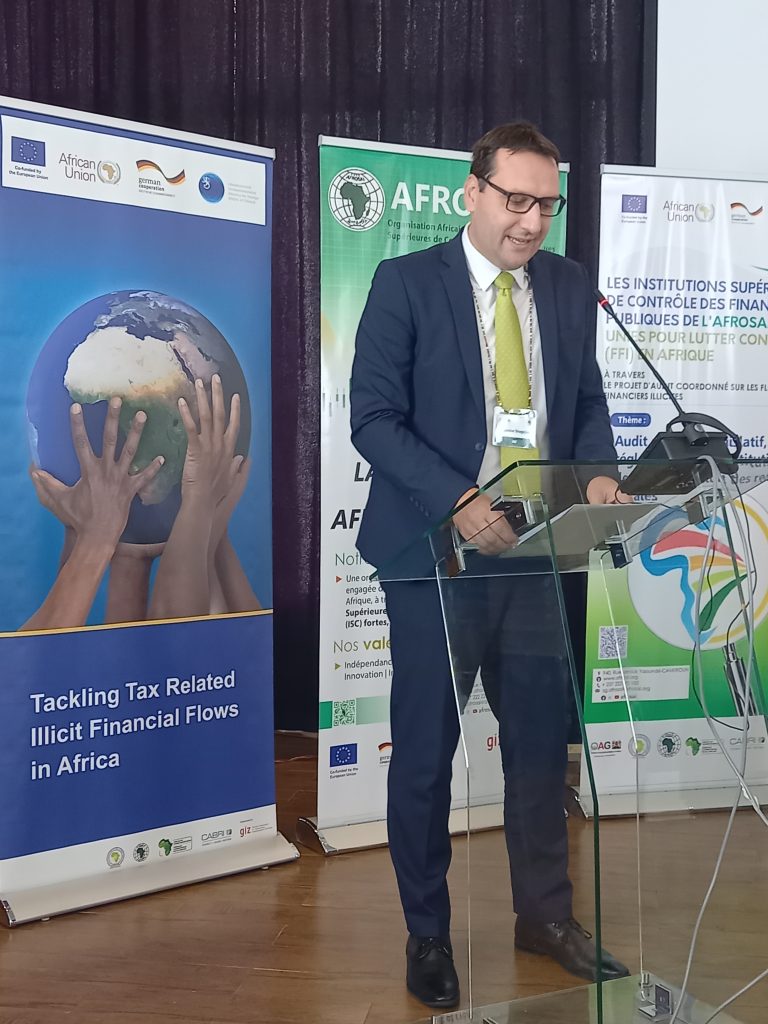
Testing countries’ tax systems and informing relevant policy formulation.
To ensure optimum collection of revenue, countries must have in place sound national anti-IFF policies. This implies that they must be properly designed, effectively implemented and regularly reviewed, updated and aligned to regional policies, conventions and existing best practices.
The coordinated audit is expected to contribute to the improvement of the public sector management and governance. As an outcome, the audit recommendations will serve as a strategy to foster the reform of public policies, especially in fighting IFFs and corruption, due to their cross-sectoral, multi-dimensional and cross-border nature, and require joint efforts across different countries. More specifically, the coordinated audit is expected:
- To contribute to enhancing the skills of African SAIs on the audit of Illicit Financial Flows, via the exchange of experiences and the dissemination of information on this topic;
- To draft relevant recommendations that could inform decision making at nationally and continentally; and
- To stimulate the African Union’s interest in SAIs with a view to using their work to promote appropriate public policies at continental level.
Main activities during the launching of the coordinated audit.
Prior to the signing ceremony of the MoUs, the heads of SAIs were informed on the issues of IFFs, particularly about their impact on the development of African countries. An expert matter specialist discussed the concept of IFFs as well as its different forms and drivers with specific examples with the aim of raising the awareness of the heads of participating SAIs on how these Illicit Financial Flows are perpetrated and their dreadful effect on countries’ economies. After the official launching of the audit, a planning workshop was held on 25-27 April 2023, in Nairobi, Kenya bringing together audit teams from the seventeen (17) SAIs that will carry out the audit. During the workshop, participants discussed the audit methodology and audit tools that will be used. The exchange was facilitated by an expert in IFFs and experts in performance auditing from African SAIs.
At the opening of the Audit Planning Workshop on 25th April 2023; Dr. Aleksandar Dragojlovic, Senior Technical Advisor & Component Lead at GIZ-GFG in Africa Programme, confirmed that the coordinated audit on IFFs will continue to be supported until end of the MDA project in June 2024.
The planning workshop was closed on 27 April 2023 by Honarable Mbah Acha Rose Fomundam, Minister-delegate at the Presidency for Supreme State Audit Office of Cameroon and Secretary General of AFROSAI. While appreciating quality discussions and expertise both from within and outside AFROSAI, she expressed the wish to see the same momentum and interest maintained by all participating SAIs to the closure of the audit.
